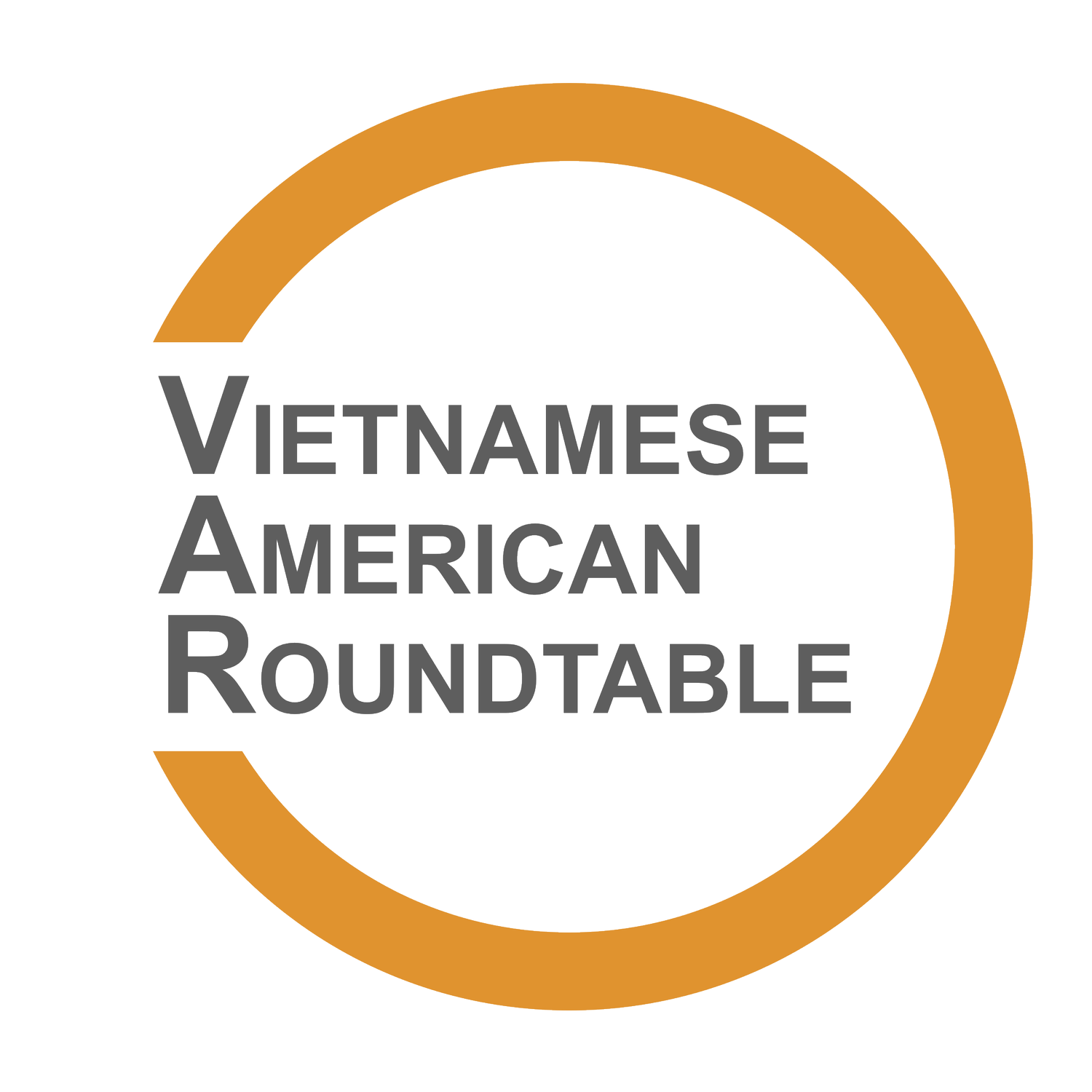2020 Census
We, your friends at the Vietnamese American Roundtable (VAR) committed to improving the quality of life for all, want to encourage you to participate in the upcoming 2020 Census to make sure that you, your families, and communities, are counted! The U.S. Census, which occurs every 10 years, is an opportunity for the government to accurately count every person living in the United States so that federal resources and services are fairly allocated through our communities.
The data gathered by the Census is important because it provides the government and decision makers vital information about our communities to determine funding for government programs such as the Supplemental Nutrition Assistance Program (SNAP), Medicare/Medicaid, Section 8 Housing, the National School Lunch Program, the Federal Pell Grant, libraries, hospitals, and more – programs that may directly impact you and your loved ones. In addition to these government programs, census data will also be used to determine political power for our communities – the government will use this data to determine how many House of Representative seats each state will have to represent their constituents in Congress.
Because we want to make sure that you’re counted and represented, since Asian Americans, Native Hawaiians, and Pacific Islanders, live-in hard-to-count areas and have historically been undercounted, we’ve put together a short list of frequently asked questions (FAQs) that you can pass along to your friends and family:
Frequently Asked Questions
How do I participate in the 2020 Census?
Beginning on March 12th, the US Census Bureau will mail materials to households with information on how to fill out the Census online. For families who are unable to complete the Census form online, there are also options to respond to the census by phone, and by an old-fashioned paper form — through the month of March up until Census day on April 1st, your household will receive reminder letters in the mail. Census takers may also be coming to knock on your door and remind you to take the census through March and April. The website to fill in the census online is my2020census.gov, and the telephone number is 1-800-923-8282
What if I speak little to no English? Will there be support for me to fill out the Census?
The online form and telephone line will include language assistance resources in English as well as 12 non-English languages that include Chinese (Mandarin and Cantonese), Japanese, Korean, Tagalog, and Vietnamese.
Is my information confidential? Can my responses to the 2020 Census harm me or my family?
The 2020 Census will not ask you about your immigration or citizenship status, and will not ask you for your social security number. All information that you report to the Census is confidential and your information is protected by law
What kind of information will the 2020 Census ask me?
The Census should only take minutes to complete and will ask you: about the number of people living or staying at your address, whether you own or rent your home, your telephone number, and information about each person who lives in your household — this includes their names, age, dates of birth, sex, and race.
Who gets counted in the Census?
ALL people are counted in the Census – this includes babies, small children, relatives, roommates, and friends who may live in the house on April 1, 2020
What about college-aged children living away from home?
Since the Census looks at each household, college students living away from home will need to fill out their own form at their college address, and will not be counted in their parents’ household
If I am pregnant, do I count the baby in the Census?
If you are pregnant but your baby will not be born on April 1, 2020, you do not count the baby.
Why are AANHPI Communities at Risk of Being Undercounted in the 2020 Census?
1 in 5 Asian Americans live in hard-to-count areas, and 1 in 3 Native Hawaiians and PAcific Islanders live in hard-to-count areas – areas where rates of poverty and unemployment are higher, it’s more difficult to find stable and affordable housing, individuals have lower educational attainment, and language barriers may be present.


